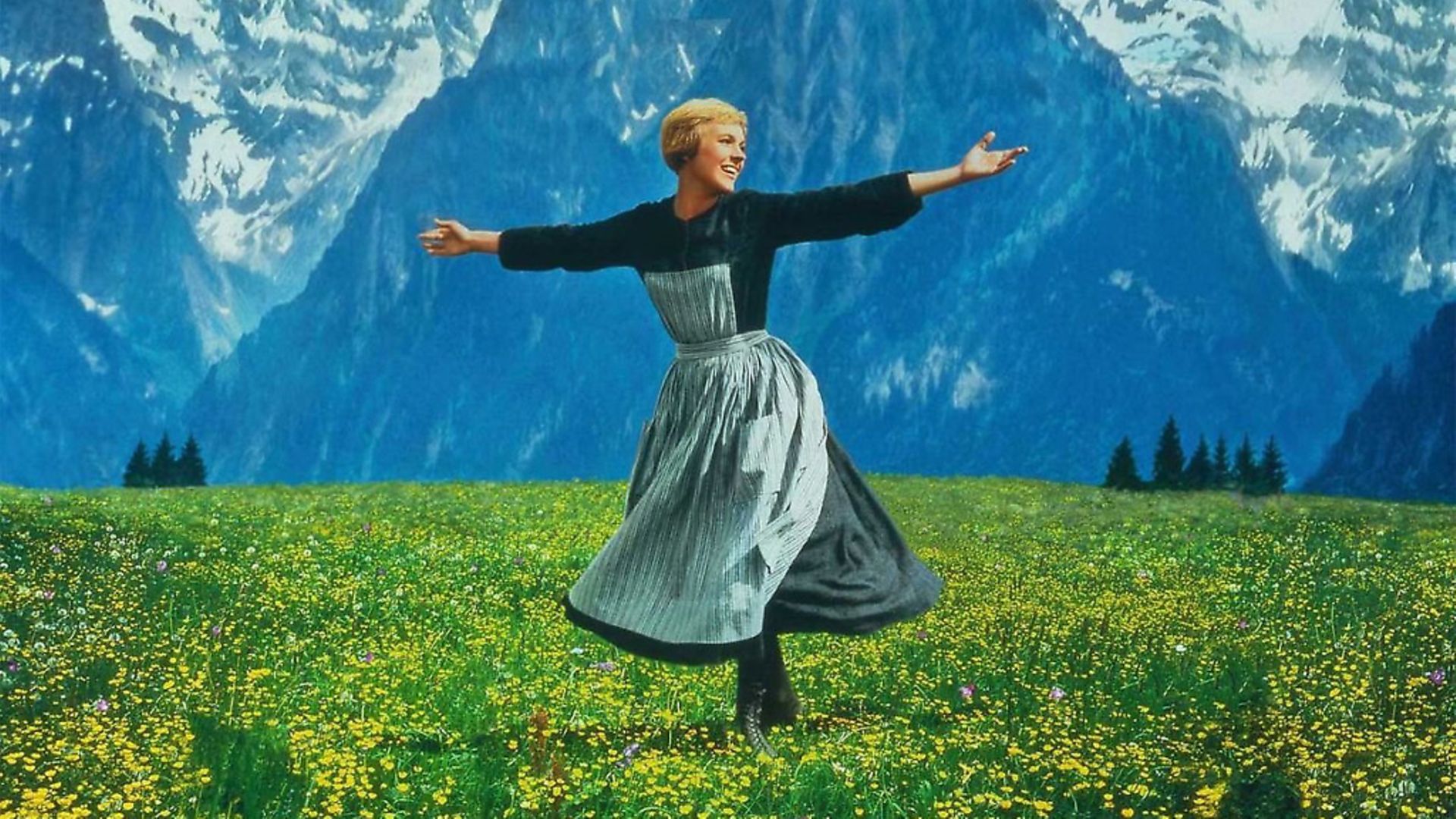
WILL SELF travels two years into the future to discover what post-Brexit Britain will really be like.
I know you’re all feeling it out there in Remainer land: there’s mournful cut-price bonging from the clock tower in our collective hall, and up in the nursery of our imagination, an absurd little bird is saying ‘cuckoo’; because, yes, the Brexiters are coming and it’s time to say so long, farewell, Auf Wiedersehen, adieu… And let’s face it, you don’t have to be a Remainer anyway to worry about the future, and what’s coming – which is why this week, your fearless reporter travelled two years into the future in order to discover what post-Brexit Britain will really be like, and allay all those anxieties about our country becoming an insular and culturally impoverished backwater: the Belarus of Western Europe, softly suppressed beneath the crepe soles of a puppy-hushing dictatorship.
Well, for one I can tell you that in post-Brexit Britain they no longer sing so long, farewell, Auf Wiedersehen, adieu during productions of the Sound of Music: the action of the musical has been moved from Salzburg to Southend, and the children playing the Von Trapps sing instead: “Farewell, ta-ra, catch yer later, geeze…” Indeed, all European language loan words have been purged from the English language by the new British Academy. The general populace may have suffered terrible immiseration, after the failure of the government to secure a trade deal with either the EU or the US, but they are enormously heartened by the fact that while everything changes, everything nevertheless remains the same – whereas in the bad old days it would have been a case of plus ça change, plus c’est la même chose. Depriving pretentious wankers like me, who fancy ourselves as cultural experts, of the opportunity to casually toss off àpres moi, le deluge, while tossing back our appellation contrôllée, would in the past have occasioned a great deal of Schadenfreude – whereas now the stout British yeomanry merely laugh at our expense, while also laughing at our anguished expressions as we sip our Sanatogen tonic wine, the only kind now available.
And when they’ve done laughing – or watching the Sound of Music for that matter – the proud new Britons head out for a little food. It’s the gastronomic revolution since Brexit that’s most grabbed the attention of commentators – domestic as well as foreign. In the 1990s, under the Blair regime, the British middle classes learnt to absorb culture through their stomachs rather than their minds: it was no longer necessary to read tedious Boccaccio you simply had to eat some yummy focaccia. Now, unfortunately, that option is no longer open to them – for in Brexit Britain, all foreign foodstuffs have been renamed in the English demotic. Thus pizzas are now rarebittas, chow mein is savoury noodles, and chicken vindaloo – somewhat predictably – has been dubbed burnsme topooh. As for our high streets, no longer are they blanketed in a medley of exotic smells – instead, they rejoice in the uniform reek of boiled cabbage, emanating from one or other of the thousands of newly re-launched Lyons’ Corner Houses, which serve up such wholesome fare as bubble and squeak, Woolton pie and roast beef indistinguishable – in texture and colouring – to a perished rubber truss.
Not that brave New Britain (or ‘Greater England’ as some chippy foreigners insist on referring to it) is simply a land that time forgot, attempting to reach a shiny new feature through a gravy-smeared Formica past. Oh, no. The speedy introduction of a high-speed railway network has made our country the envy of… Switzerland. In a scant two years, by the simple expedient of using corvée – sorry, I mean ‘forced’ – labour, not just HS2, but HSs 3, 4, 5 and 6 have been completed. True, there’s been some brouhaha in the UN about how ‘right to remain’ turned out to be a euphemism for ‘no rights if you remain’ – while it’s also undoubtedly the case that the vast majority of the railway labourers are east European in origin, but the upside of this massive infrastructural project is there for all to see.
So long as you book four months in advance and travel off-peak in a seat next to the overflowing fluent-English-speaking toilet, it’s now possible to reach Middlesbrough in 17 minutes for the frankly nugatory fare of £138.40. What you do in Middlesbrough once you arrive, is up to you. You could stop there for a while – or head on: it’s only another hundred honest British miles to the Scottish Channel, another of the new regime’s impressive grands projets big projects. To stand on the sauvage wild shoreline of New Britain, and look across the rippling waves to the yet wilder coast of our traditional enemies’ homeland, is to reflect on just how far we’ve come since January 31, 2020. And the answer comes back at us from out of the wind: we’ve come precisely nowhere – rather, we’ve driven everyone else away.











